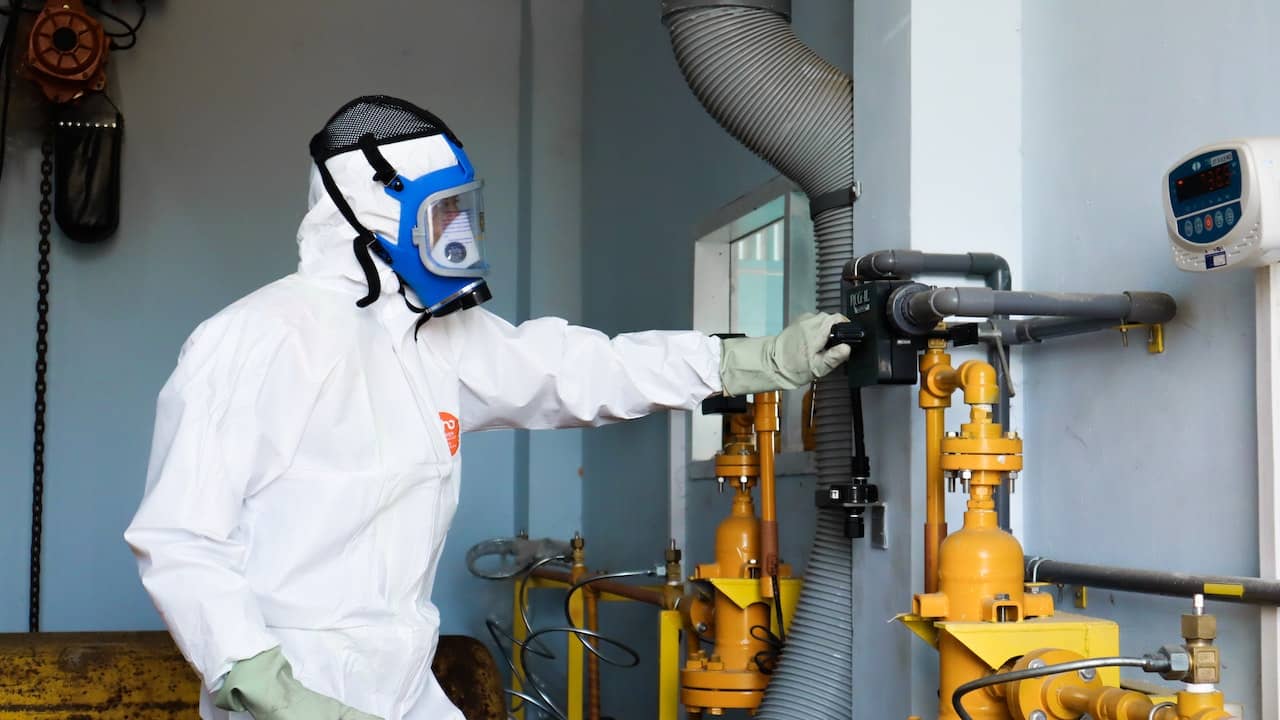Identifying a potentially unsafe work environment is crucial for both employees and employers. A safe workplace not only fosters productivity but also ensures the well-being of everyone involved. In the UK, specific laws and regulations mandate employers to maintain a safe working environment. However, not all workplaces adhere to these standards.
The Importance of Safety Training and Procedures
One of the most telling signs of a potentially unsafe work environment is the lack of, or inadequate, safety training and procedures. Employers in the UK have a legal obligation to provide comprehensive training on potential hazards, safe work practices, and emergency procedures. If your employer fails to do so, or if the training is perfunctory, it could signal a lack of commitment to safety.
The Health and Safety Executive (HSE) provides detailed guidelines on safety training requirements for various industries. These guidelines can be a valuable resource for employees to understand what constitutes adequate safety training.
The Role of Risk Assessments and Hazard Communication
Regular risk assessments are another key indicator of a safe workplace. Employers are required to identify potential hazards in the workplace and take steps to mitigate them. These assessments should be documented and communicated to employees. If your employer does not conduct risk assessments, or if you are unaware of potential hazards in your workplace, it could be a red flag.
Effective hazard communication is equally important. This includes clear signage, labelling of hazardous materials, and providing safety data sheets. A lack of these measures could suggest a lax attitude towards safety.
The Impact of Maintenance and Housekeeping
The physical condition of the workplace can also reveal a lot about its safety. Poor maintenance, cluttered workspaces, and faulty equipment can all contribute to accidents. The UK’s Workplace (Health, Safety and Welfare) Regulations 1992 set out minimum standards for workplace conditions. If your workplace falls short of these standards, it could be a sign of an unsafe environment.
Regular inspections and maintenance of equipment are crucial for preventing malfunctions that could lead to injuries. If your employer neglects these tasks, it could be a serious concern.
The Significance of Incident Reporting and Investigation
A safe workplace encourages employees to report incidents, near misses, and safety concerns without fear of reprisal. If your employer discourages such reporting, or if reported incidents are not investigated and addressed, it could indicate a disregard for safety.
The Reporting of Injuries, Diseases and Dangerous Occurrences Regulations 2013 (RIDDOR) mandate employers to report certain types of incidents to the HSE. If your employer fails to comply with RIDDOR, it could be a serious breach of safety regulations.
The Influence of Safety Culture and Leadership Commitment
A positive safety culture is characterised by a shared commitment to safety at all levels of the organisation. This includes leadership demonstrating a strong commitment to safety, employees feeling empowered to raise safety concerns, and a culture of learning from incidents and near misses.
If your workplace lacks a positive safety culture, it could manifest in various ways, such as a blame culture, resistance to change, and a lack of trust between management and employees. These factors can significantly increase the risk of accidents and injuries.
The Role of Employee Participation and Consultation
In the UK, employers are legally obligated to consult with employees on health and safety matters. This includes providing opportunities for employees to participate in safety committees, raise concerns, and contribute to decision-making processes.
If your employer does not provide these opportunities, or if your concerns are dismissed or ignored, it could be a sign of an unsafe work environment. Effective employee participation is crucial for identifying and addressing safety issues before they escalate into accidents.
Making an Injury at Work Claim with National Claims
At National Claims, we understand the profound impact that a workplace injury can have on your life, affecting your health, finances, and overall well-being. If you have suffered an injury due to an accident at work, such as a slip, trip, fall, or repetitive strain injury, we are here to help you seek the justice and compensation you are entitled to.
Free Consultation
Every injury at work case is unique. We offer a free, no-obligation consultation to discuss the specifics of your situation. During this consultation, we’ll listen to your experience, review any evidence you have, and assess the strength of your claim.
Our team will then connect you with a solicitor from our panel who specialises in injury at work claims. They will provide the expert legal representation needed to guide you through the claims process, handle all communication with your employer and their insurers, and fight for the maximum compensation you deserve.
Don’t let a workplace injury derail your life. Contact National Claims today for your free consultation and take the first step towards obtaining the justice and financial support you need to recover and move forward.
*Customers pay up to 25% (incl. VAT) of the amount recovered towards solicitor costs and if you cancel outside your cooling off period, you may be charged a fee.
Contact us today to speak to one of our claims agents who will be able to help you get started on your claim.
Click below to see why we are one of the most trusted claims management companies in the UK.

We’re proud of our excellent customer reviews
We thrive on delivering exceptional service and ensuring our clients’ satisfaction. Don’t just take our word for it. Check out some of our independent reviews to see what our clients have to say.
Excellent

This firm is excellent, they sorted out my car pay out and injury claim very fast, they always communicate with you all the time.

My accident case was dealt with confidence and with great result of the outcome, especially James kept me informed all the time.

I was very impressed at the way my inquiry was treated. I was listened to attentively and everything I needed to know was explained to me.






